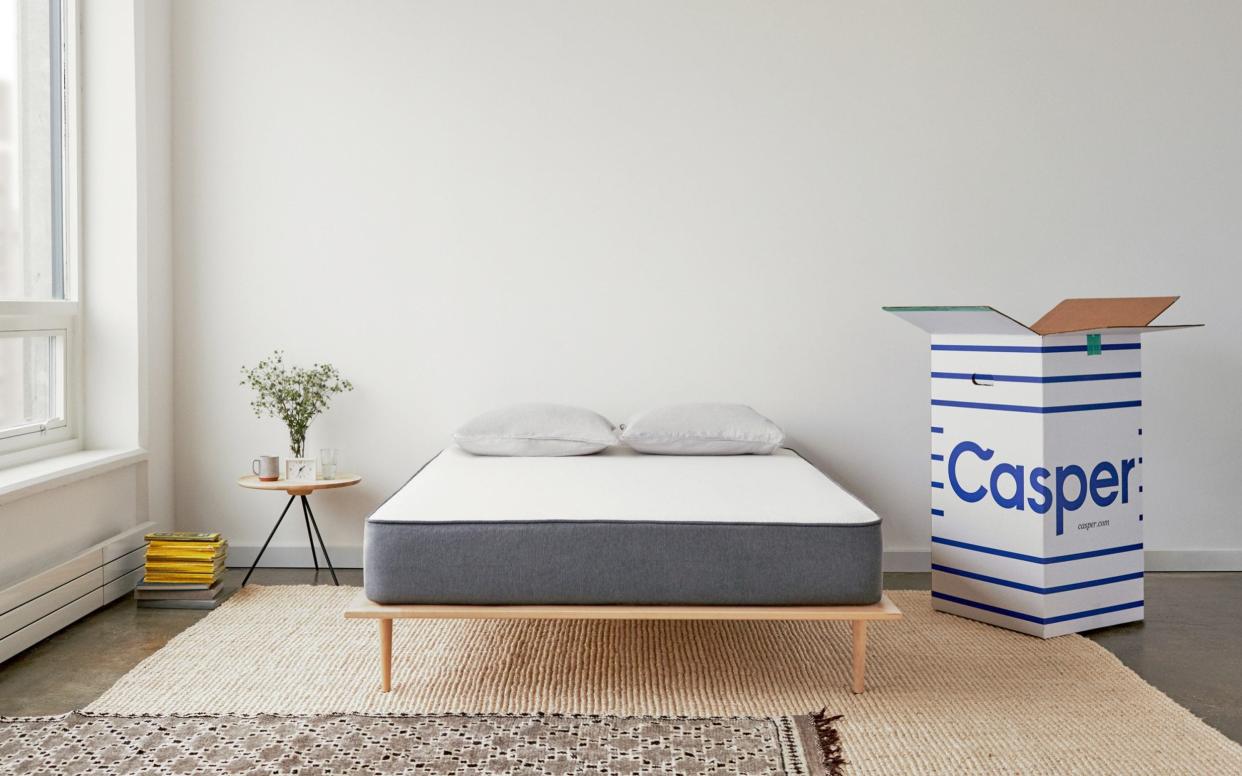Mattress company Casper's value could fall by 40pc amid 'unicorn fatigue'

A pioneer of the increasingly crowded market for online mattress sellers has said it could be worth 40pc less than previously thought as investors’ appetite for loss-making “unicorn” start-ups wanes.
US company Casper Sleep, one of the best-known “bed in a box” start-ups, said on Monday that it planned to go public at between $17 and $19 a share, commanding a valuation of between $666m (£510m) and $768m.
At the low end the company would be worth just 60pc of the $1.1bn valuation at which it raised private money two years ago, illustrating the decline in confidence surrounding unprofitable start-ups, as well as struggles among online mattress sellers.
Last year UK-listed Eve Sleep abandoned plans for a merger with Simba that the two companies had hoped would help shore up defences in a brutally competitive market. Dozens of similar companies have sprung up in recent years as improved supply chains and delivery networks have made it simple to sell mattresses online, leading companies to invest heavily in marketing and promotions to drive sales.
Casper, which was founded in 2014, recorded $312m in sales in the first nine months of 2019, up from $260m in the same period in 2018. However, losses rose to $67m, from $64m the year before.
The company, which allows customers to return mattresses 100 days after buying them, lost 25pc of revenue to returns, refunds and discounts, and spent $114m - more than a third of total revenue - on sales and marketing in the first nine months of last year.
Eve Sleep, which went public at 101p a share in 2017, fell to 1.61p yesterday, and last week said annual revenues had fallen for the second year in a row, although it broke even towards the end of the year.

Some investors fear the online mattress boom may be coming to an end, since most owners do not replace their mattresses for many years after purchasing them.
To combat this, Casper has attempted to broaden its business into a “sleep economy” company selling pillows and night lights.
It US flotation is expected to be a new test of loss-making venture capital-backed companies, following the cancelled listing of WeWork and disappointing stock market performance of several other start-ups.
Casper’s investors include the actor Leonardo DiCaprio and the rapper 50 Cent as well as the US retailer Target.


